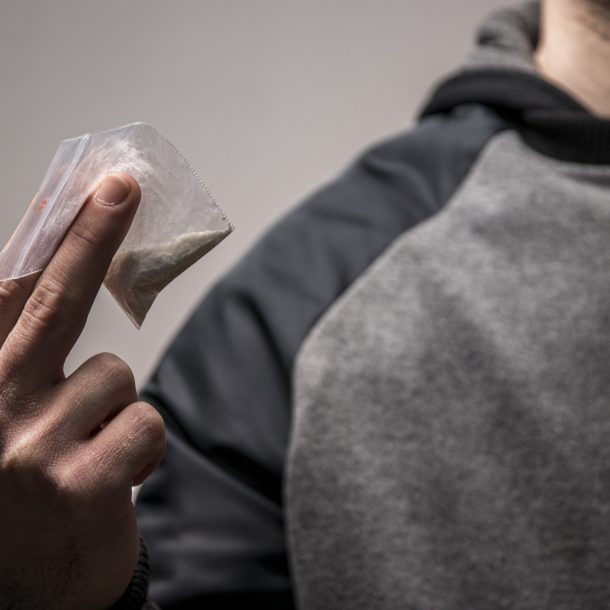
Categories
- Alcohol (9)
- Detox (9)
- Drugs (31)
- Life After Rehab (24)
- Media Coverage (1)
- Mental Health (67)
- Miscellaneous (13)
- News (2)
- Sobriety (34)
- Treatment (68)
Recent Posts
-

Overcoming addiction is not easy. You will need the support of your peers to help you make it through. Others struggling or have struggled with addiction will understand what you are going through and will make you know you’re not alone.
Fortunately, there are support groups out there. But which one is right for you? This article will review the different types of support groups for addiction so you can decide which is best suited for your needs.
Recovery support groups are groups that meet regularly to discuss their issues with addiction. The members may be just starting their recovery process or have years of sobriety under their belt. They will talk about the challenges they are facing and their past experiences.
Support groups offer many benefits to recovering addicts. Studies have shown that they can reduce substance use, improve engagement in treatment, reduce risky behaviors and provide better patient outcomes. However, more studies are needed before any scientific conclusions can be drawn.
Several different support groups for addiction can be included in the recovery process. These include the following:
Inpatient: Group therapy is typically included in inpatient treatment. The residents in the facility will get together to share their experiences and assist with healing. Patients will also receive other types of treatment in conjunction with support groups, including one-on-one therapy, alternative therapy, and more.
12 Step Meetings: 12-step meetings are among the more popular types of support groups for addiction. They can be included in inpatient or outpatient treatment. They are based on the theory that there are 12 steps to recovery which patients must follow to achieve their goals.
The 12-step program was developed by Alcoholics Anonymous (AA) and is offered via free meetings that take place in community centers throughout the country. Rehab centers around the globe also use the method.
Secular and Non-Religious: The 12-step program is not specifically religious, but it requires you to give yourself up to a power that’s bigger than yourself, making for religious undertones. If you are uncomfortable with this delivery, you may prefer secular group meetings offered by associations like SMART Recovery, Women for Sobriety, and Life Ring. If, on the other hand, you feel religion is helpful in the recovery process, you may opt for a program like Celebrate Recovery.
Family Support Groups: Family is often integrated into the recovery process. They are brought in for group meetings so they can better understand what their loved one is going through. Like Al-Anon, they may also engage in ‘families of addicts’ group meetings.
There are several factors to consider when finding the types of support groups for addiction that are best for you. These include:
If you are looking for support groups for addiction in Los Angeles, CA, there are several paths you can take. For example, you can go on the AA website to find meetings in your area. You can also research other community groups that offer free meetings.
Or you may prefer to attend group meetings through a Southern California rehab, like SoberMind Recovery Center.
SoberMind starts treatment with a supervised detox program. Patients move on to an inpatient or outpatient program, depending on which they feel best suits their needs.
We offer customized dual diagnosis treatment programs in Southern California that simultaneously treats the addiction and its underlying cause. We feel this is the best strategy for ensuring long-term recovery. Addiction can significantly reduce the quality of life. Don’t let it rob you of your happiness. Call SoberMind today. We will help you move on so you can attain the health and happiness you deserve.

